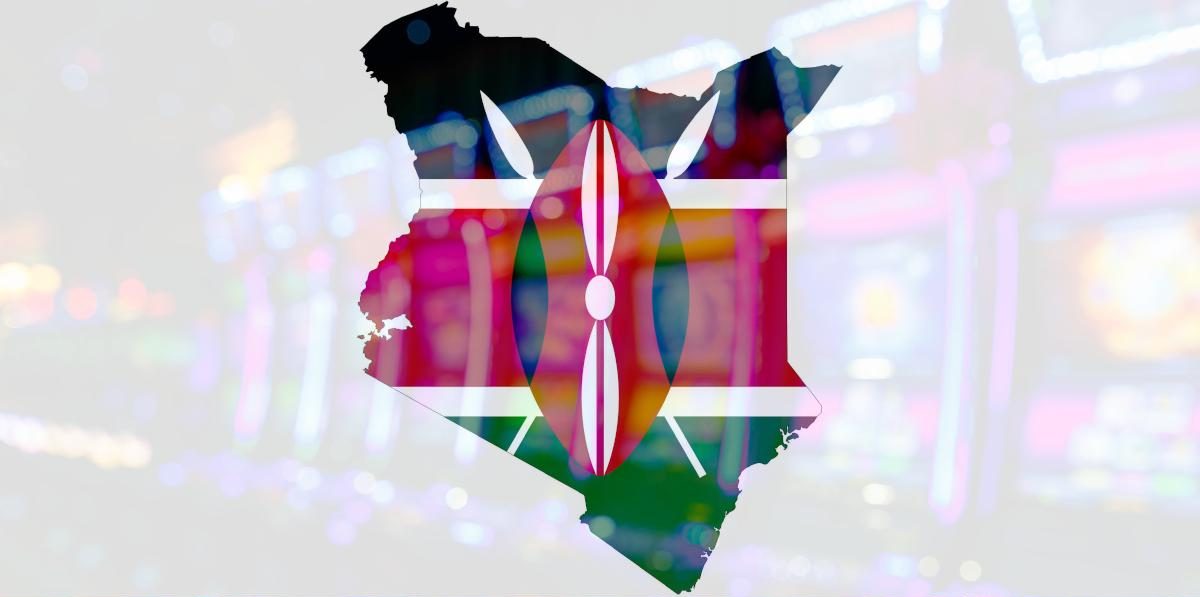Kenyan gambling market: hot like Africa
The Kenyan gambling market is akin to a huge green oasis in the middle of the Sahara desert. The country ranks third in Africa in terms of capitalization after South Africa and Nigeria. Youth in Kenya spend more money on betting than in any other African country. Despite the global crisis and other challenges, the Kenyan gambling industry is seeing rapid growth.
Football, basketball and tennis are the Kenyans’ favorite sports. They look forward to every game and make bets to heighten their interest. A large portion of these bets is on European sporting events. There are over 30 sportsbooks operating in the country, with a combined annual income of about $2 billion. In 2013, SportPesa obtained a gambling license and became the first Kenyan bookmaker to accept bets over the Internet. Other popular operators include Betika, Betpawa, and Elitebet.

What casino games do Kenyans play the most? Card games, namely poker and blackjack, are the best performers. Roulette and video slots are the other sought-after games. Kenya has dozens of licensed casinos, almost all of which are situated in big cities. As night falls, more than 1300 slot machines and around 200 gaming tables throughout the country begin their work. The most recognized land-based Kenyan casinos are:
- Mayfair Casino;
- Flamingo;
- Golden Key;
- Senator.
Digital Kenya
What sets Kenya apart from other African countries is technology. Internet penetration in Kenya exceeds 43%—a very solid number for Africa. The majority of gamblers make bets and spin reels with their smartphones. Massive digitalization has led to an explosive growth of online gambling. Firstly, it is very convenient, as many Kenyans reside in rural areas, remote from land-based casinos and bookmaker’s shops. Secondly, Kenya has its own payment system called M-Pesa (literally ‘mobile money’) that makes online transactions much easier. Video slots account for roughly 30% of Kenyan online casinos’ revenue.
The iGaming audience in Kenya is mainly young people aged 18-30. They see Internet gambling not only as entertainment, but also as a source of additional income. Online casinos and betting sites are regulated by the Betting Control and Licensing Board. The current legislation in Kenya allows most of the online gambling forms: slot games, video poker, lotteries, and sports betting.
Gambling tax in Kenya
The relationship between Kenyan gaming operators and tax authorities has been uneasy. Until 2018, gambling establishments had been paying a 35% gross gaming revenue tax. Then it was reduced to 15%, but a 20% tax on players’ winnings was introduced. This new tax led to a drop in interest in gambling, and many big names were considering leaving the market.

However, two years later, the controversial tax was abolished. Today, Kenya has the following gambling taxes:
- Winnings in poker, slots and other games — 15%;
- Winnings in lotteries — 15%;
- For operators — 15% of gross gaming revenue.
Interestingly, online gambling in Kenya is not taxed. A legislation on its taxation was drafted in 2019, but it was never adopted.
How much does a Kenyan license cost?
In June 2021, the Betting Control and Licensing Board established new prices for those who want to open a casino in Kenya. The cost of a license depends on the type of gambling activity:
- Public lotteries — $26200, with additional $6550 application and grant fee and $6550 renewal fee.
- Land-based casinos and gaming halls — $9830; application and grant fee is only $65.
Sports betting — $3930; yearly renewal fee is $65.
How to enter the Kenyan gambling market in 2022
Kenya was one of the first countries in Africa to legalize gambling. For decades, the industry has been rapidly developing, and with the advent of the Internet, it expanded into the online sphere. Kenyans enjoy online gambling using their smartphones and tablets. Sports betting is dominating the market; however, GamingLicensing recommends a combined approach with video slots, table games and other forms of gambling. The government strongly supports foreign companies seeking to invest in the Kenyan gambling industry. By obtaining a license of Curacao, Malta or Gibraltar, an operator can enter the Kenyan market with minimal risk.

While Kenya is definitely a market with great potential, opening a casino in Africa requires a clear development strategy and a well-thought-out business plan. If you need professional help, face difficulties with obtaining an iGaming license, or have other questions, feel free to contact our consultants. Our team of professional lawyers and online gambling experts is happy to help you in any way possible.

